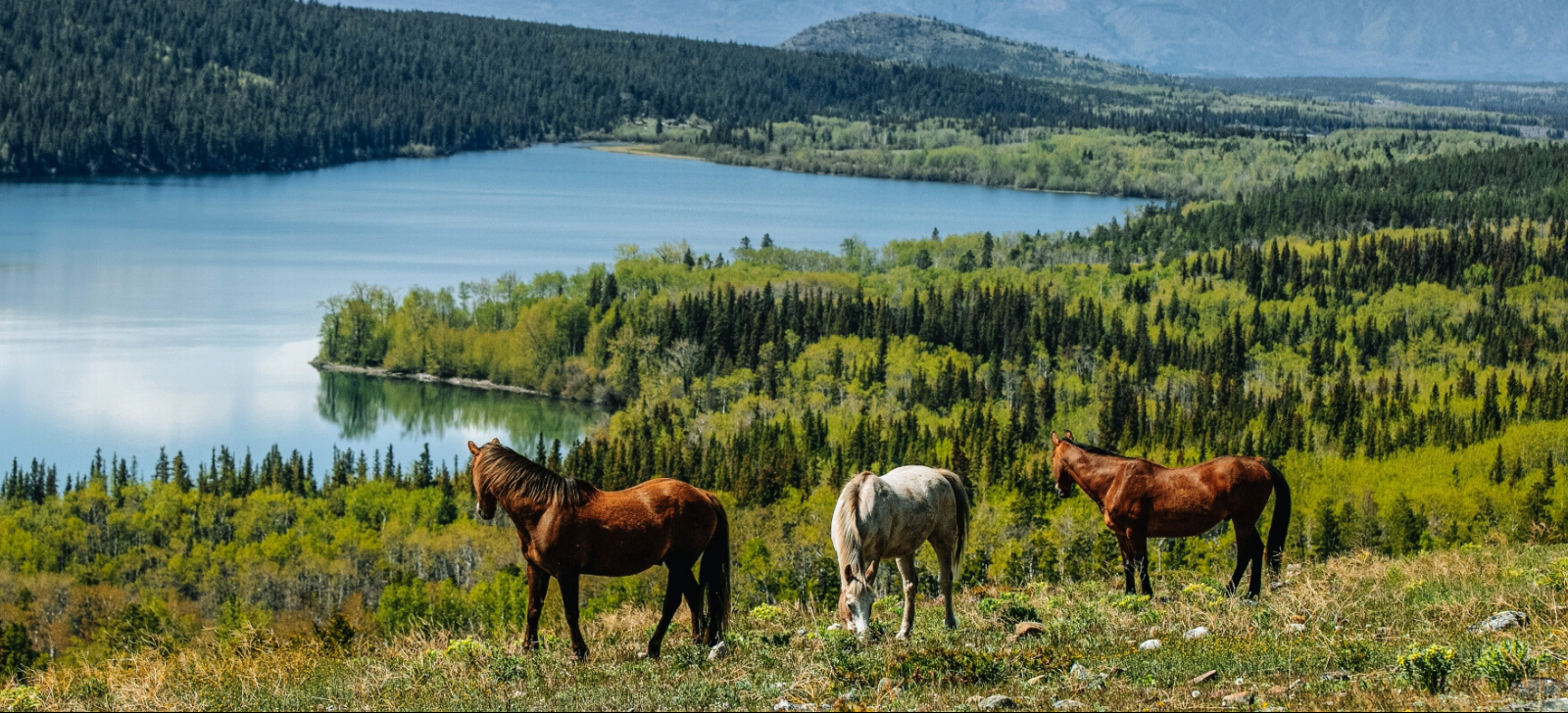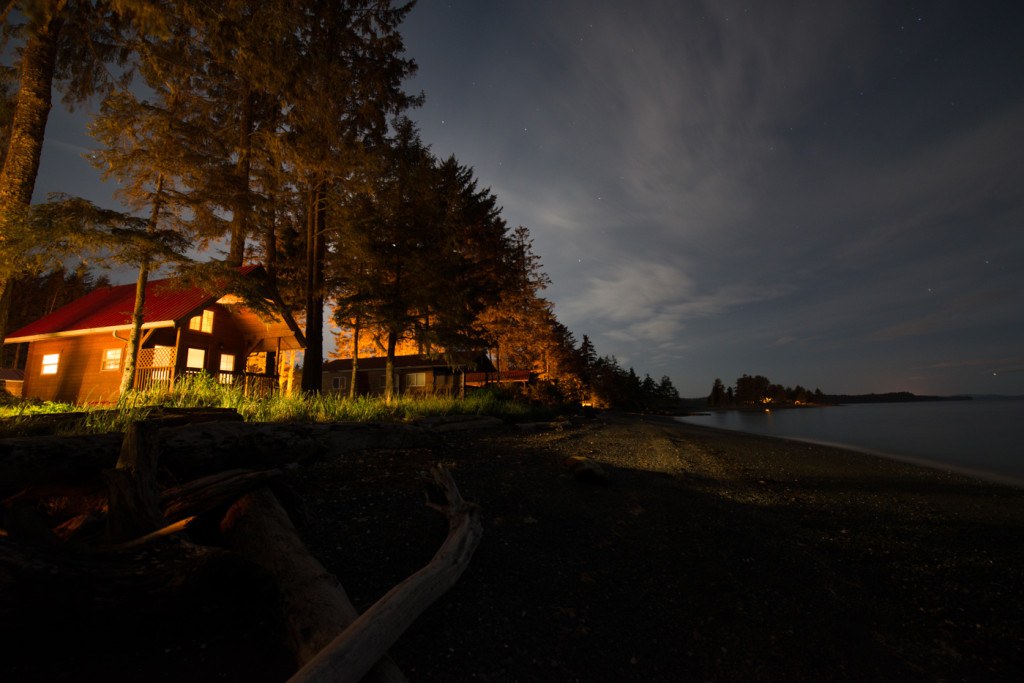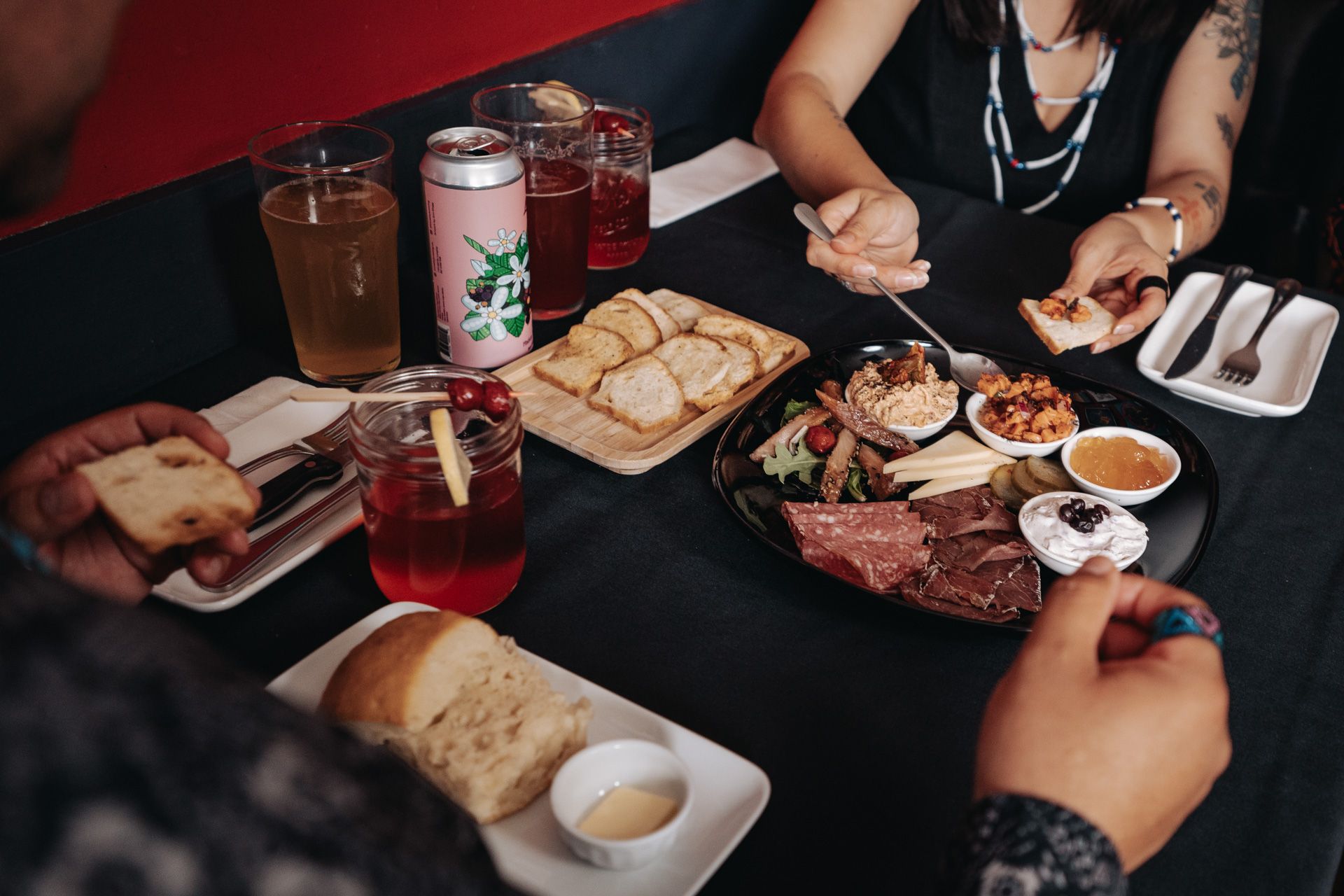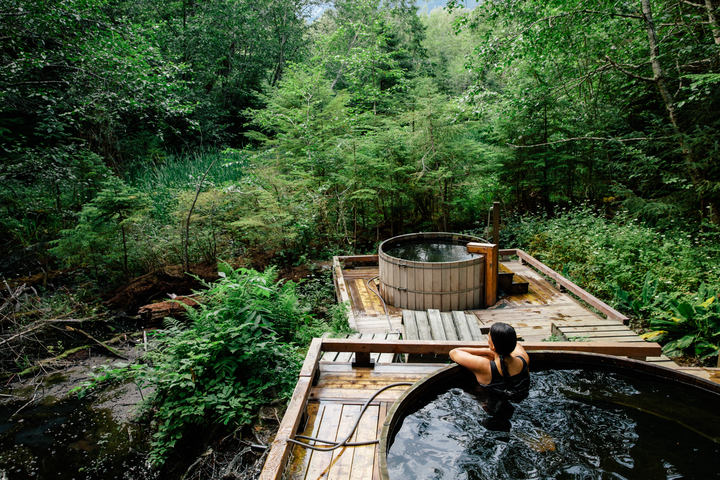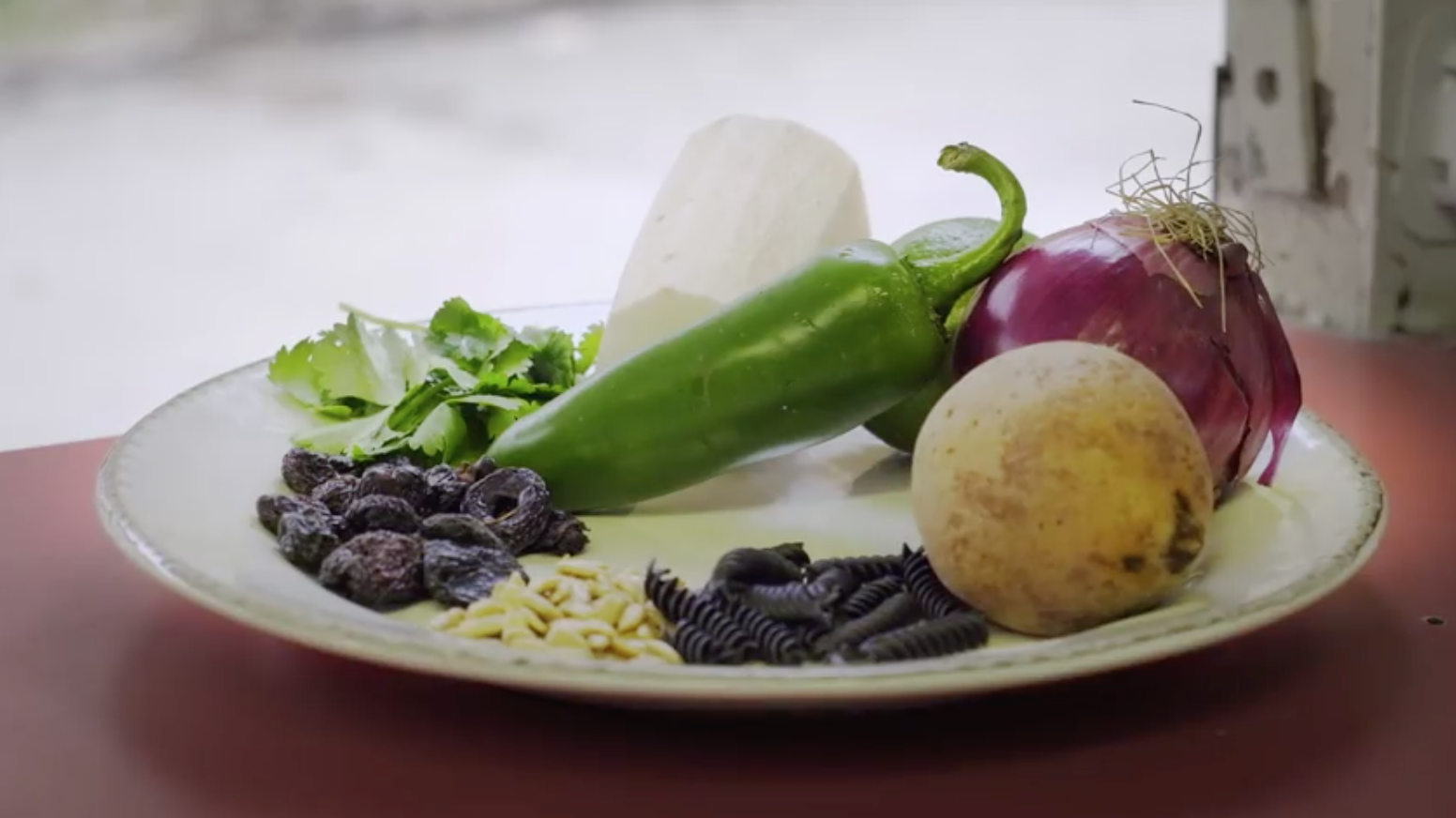

Indigenous food culture draws from all Indigenous experience.
Before the appearance of stainless steel cookware and convection ovens and after the introduction of white flour and sugar, Indigenous people expressed and shared culture through food.
Paul Natrall, born and raised on the Squamish Nation reserve, is a second-generation chef and owner of a highly successful food truck, Mr. Bannock. Natrall celebrates and takes part in the decolonization of Indigenous food culture by educating others and interpreting modern cuisine through an Indigenous lens.
Authentic Indigenous cuisine is not limited to game meat, fish, and berries. Authenticity, tradition, and identity evolve. By the 20th century, Indigenous homes incorporated and interpreted the food sources that were brought by European settlers. Bannock became part of the mainstay and a traditional Indigenous food. The experience of it in grandmother’s kitchen is recent, and there has been less interruption of the knowledge transfer required to maintain this tradition.
We try to focus on Indigenous cooking methods, like smoking meats, clay baking, stone baking, cooking without oil…


The knowledge transfer required to maintain a pre-contact diet and cooking methods was purposefully interrupted by a government-planned scarcity of stable local diets and the introduction of colonial ingredients and cooking methods. Other measures designed to separate Indigenous people from their culture included residential school and laws prohibiting participation in ceremony or use of language.
These interruptions have left the living generation with a call to re-connect to traditional Indigenous food culture. Rising to the challenge, Natrall is winning awards and thanking his Grandmothers on Twitter.
Indigenous food culture draws from all Indigenous experience, and Natrall is an active participant in a broader movement to decolonize and share Indigenous food culture: “It’s just getting back to the roots that we all once shared.”
